Solve Graph Networks at Scalewith the simplicity of relational data and SQL
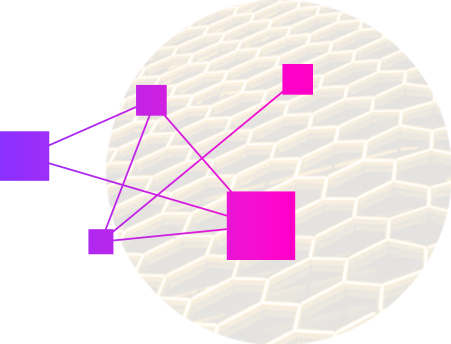
Novel data structures for more efficient queries on billion+ property graph networks
Kinetica's unique distributed graph database architecture co-exists with the distributed relational DB for I/O and at-scale OLAP expression support. Our new novel data structures are superior in their memory foot-print as well as fast search characteristics.
Read the behind-the-scenes on how Kinetica achieves it's exceptional performance.
Read the White Paper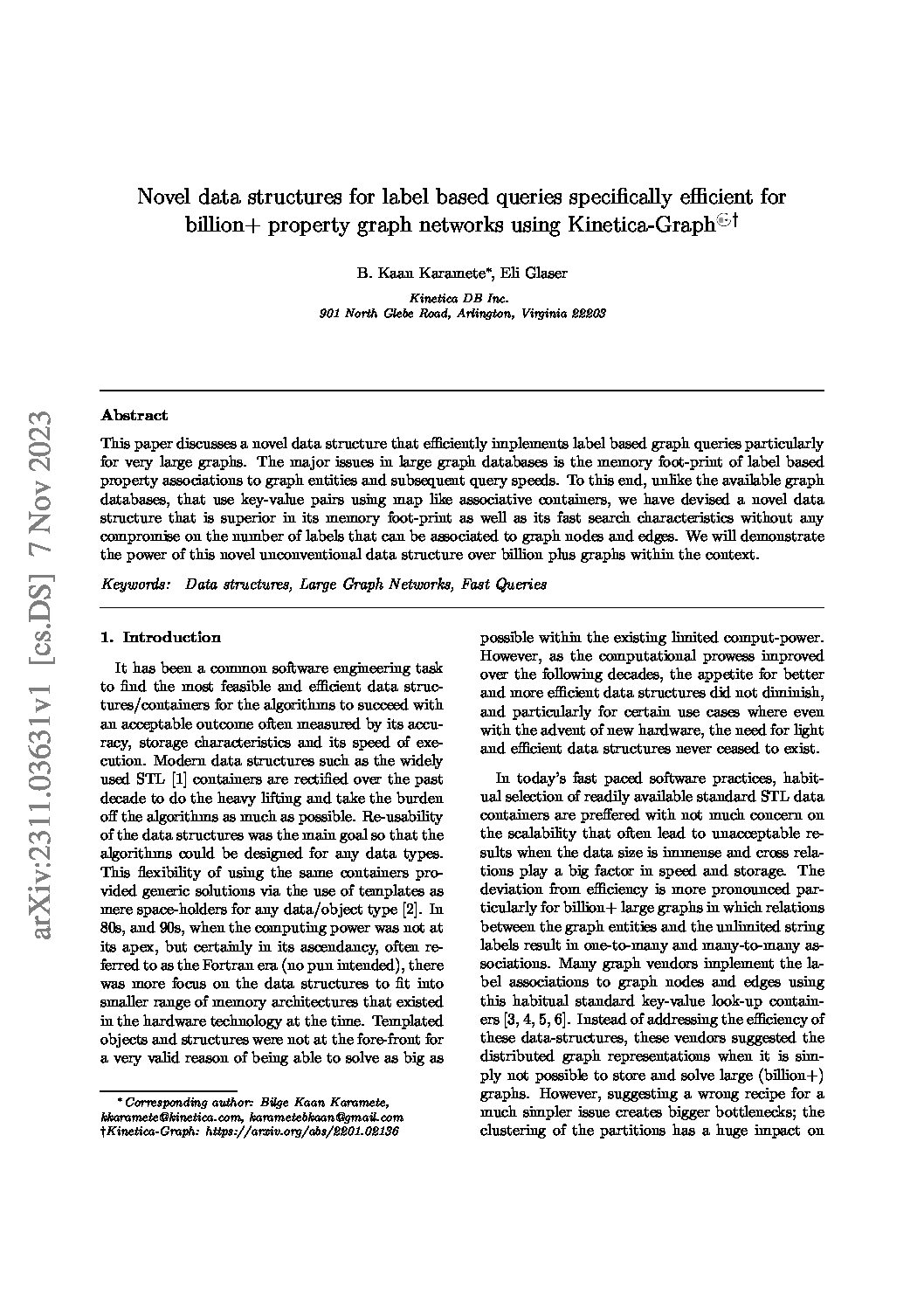
Leverage graphs to find optimal routes and more
Kinetica's network graph functionality enables you to model relational data as graphs, and then solve difficult questions with a selection of in-built graph solvers.
Query Graphs with SQL
Find hidden relationships in your data instantaneously. Kinetica graphs can be created and queried directly with using SQL style queries or the native API. You can query a graph for adjacent nodes (if provided edges) or adjacent edges (if provided nodes) using integer IDs, names, or WKT information.
Query Graphs »
SELECT * FROM TABLE(
QUERY_GRAPH
(
GRAPH => '[.]',
QUERIES => INPUT_TABLE( 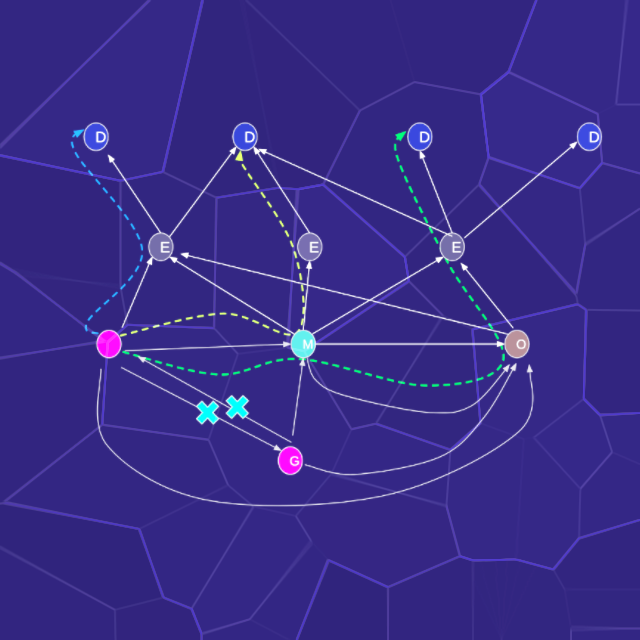
Solve Common Graph Questions
Kinetica comes with a suite of graph solvers which will help you easily solve common graph questions. What is the shortest path from A to B? What is the most efficient route to reach multiple destinations? What are the most critical pieces of infrastructure in a network?
Solving Graphs »
Match Data to Networks
Map Matching might help you determine roadways from noisy GPS data. With Kinetica's patented adaptive-width hidden Markov Chain algorithm, you can match GPS sample data to road network data via the /match/graph endpoint. This technology delivers unmatched accuracy and performance at-scale.
Matching Graphs »
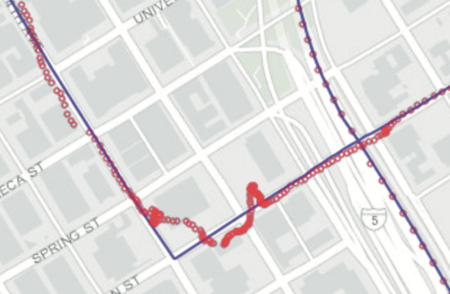

Use Graphs at Scale
The adjacency query engine is capable of traversing millions of graph nodes in many-to-many fashion with performance at scale. Kinetica's efficient graph data representation supports a large number of edges/nodes and has no memory degradation even with continuous updates. Graphs are partitioned automatically and efficiently, distributing or replicating the graphs and solves without bottlenecks. The powerful adjacency query engine is capable of traversing millions of many-to-many graph relationships with performance at scale.
Isochrones
Kinetica’s isochrone feature enables you to map and visualize time to travel from a given point. Use it to find accomodations with optimal distance to airports, or find the optimal location for your disaster recovery assets. Kinetica has the fastest isochrone solution on the market that integrates seamlessly with our distributed visualization engine. View isochrone maps directly in Kinetica, or export images and vector layers (WKT) to be used with basemap providers.
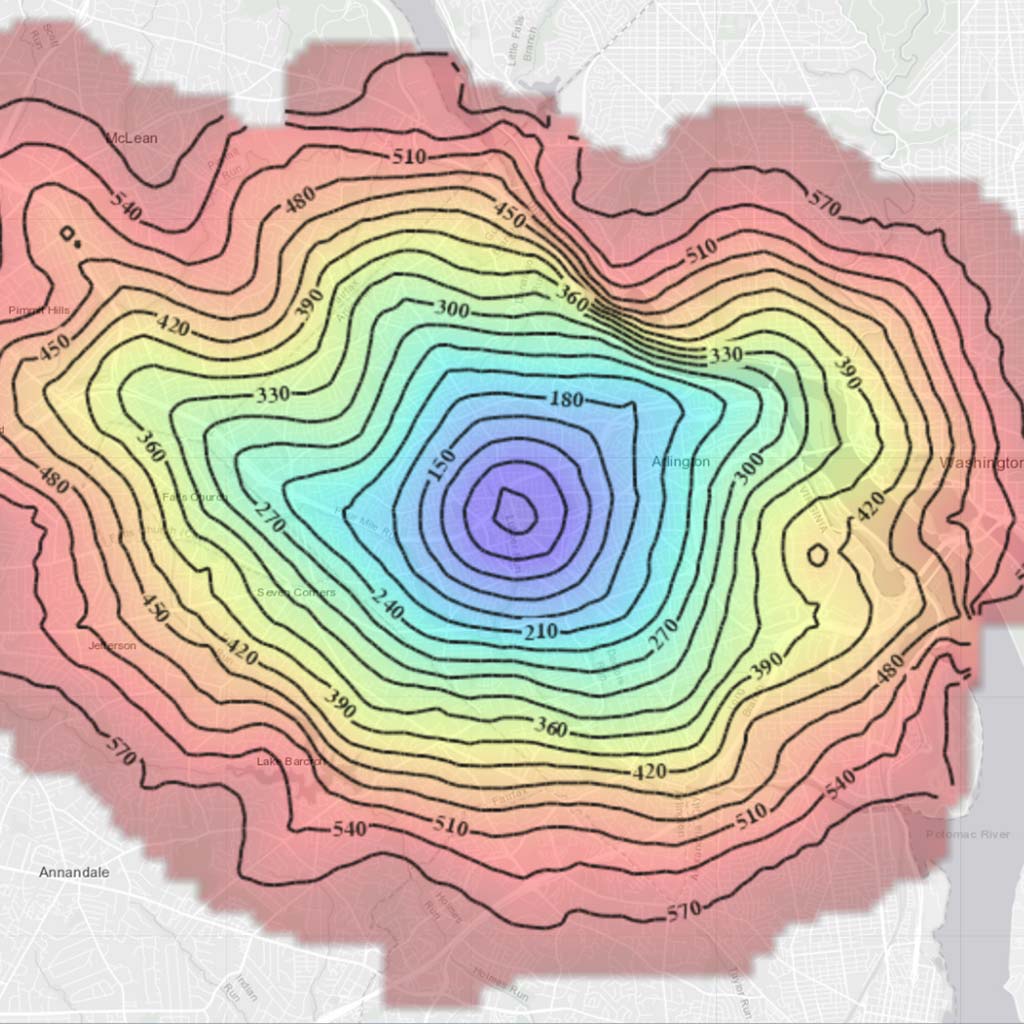
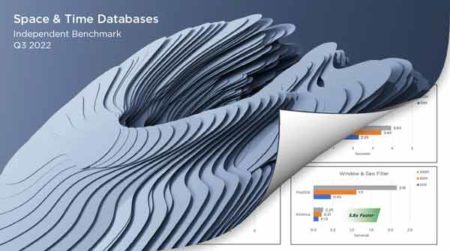
Get Started with Graphs in Kinetica
10. Overview of Graph Network Problems that can be solved with Kinetica.
Graph Analytics Use Cases
SUPPLY CHAIN OPTIMIZATION
Kinetica’s real-time multiple supply demand chain optimization (MSDO) routing solver is able to enumerate millions of combinations in milliseconds and provides the ability to do dynamic routing and tracking for distribution various locations. This can be administered from the graph UI web interface or via Kinetica’s SQL framework.
Learn more about the MSDO solver.
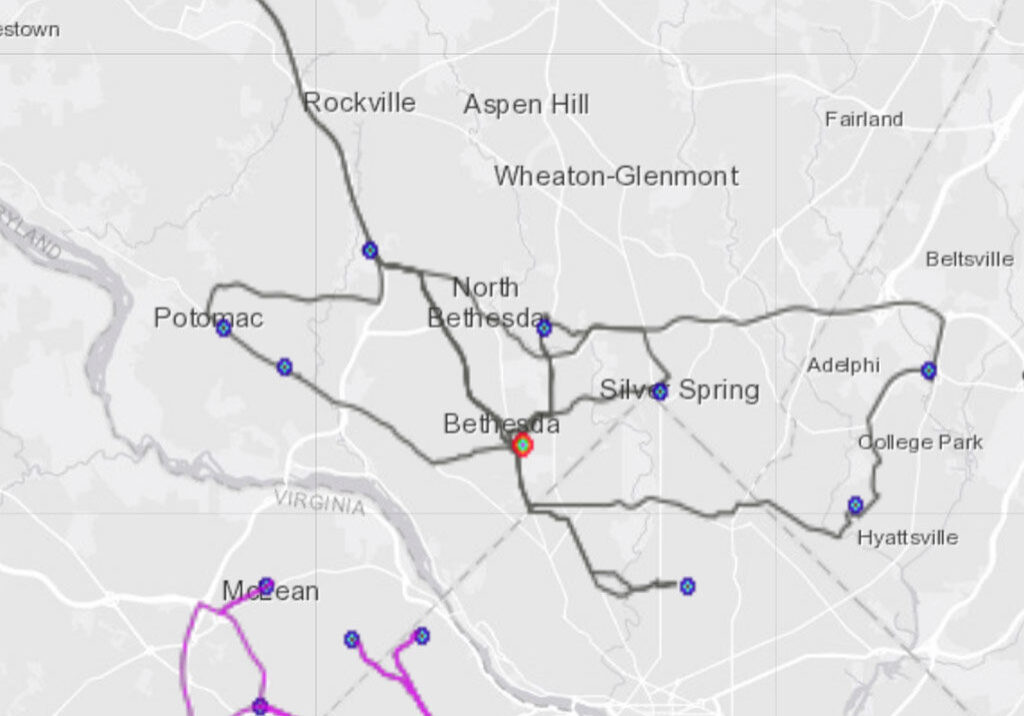
Kinetica Graph: Distributed Graph-Relational Hybrid
Kinetica's unique distributed graph database architecture co-exists with the distributed relational DB for I/O and at-scale OLAP expression support with hundreds of PostGIS compatible geometry functions.
Learn more about Kinetica's graph technology in this white paper.
Download the White Paper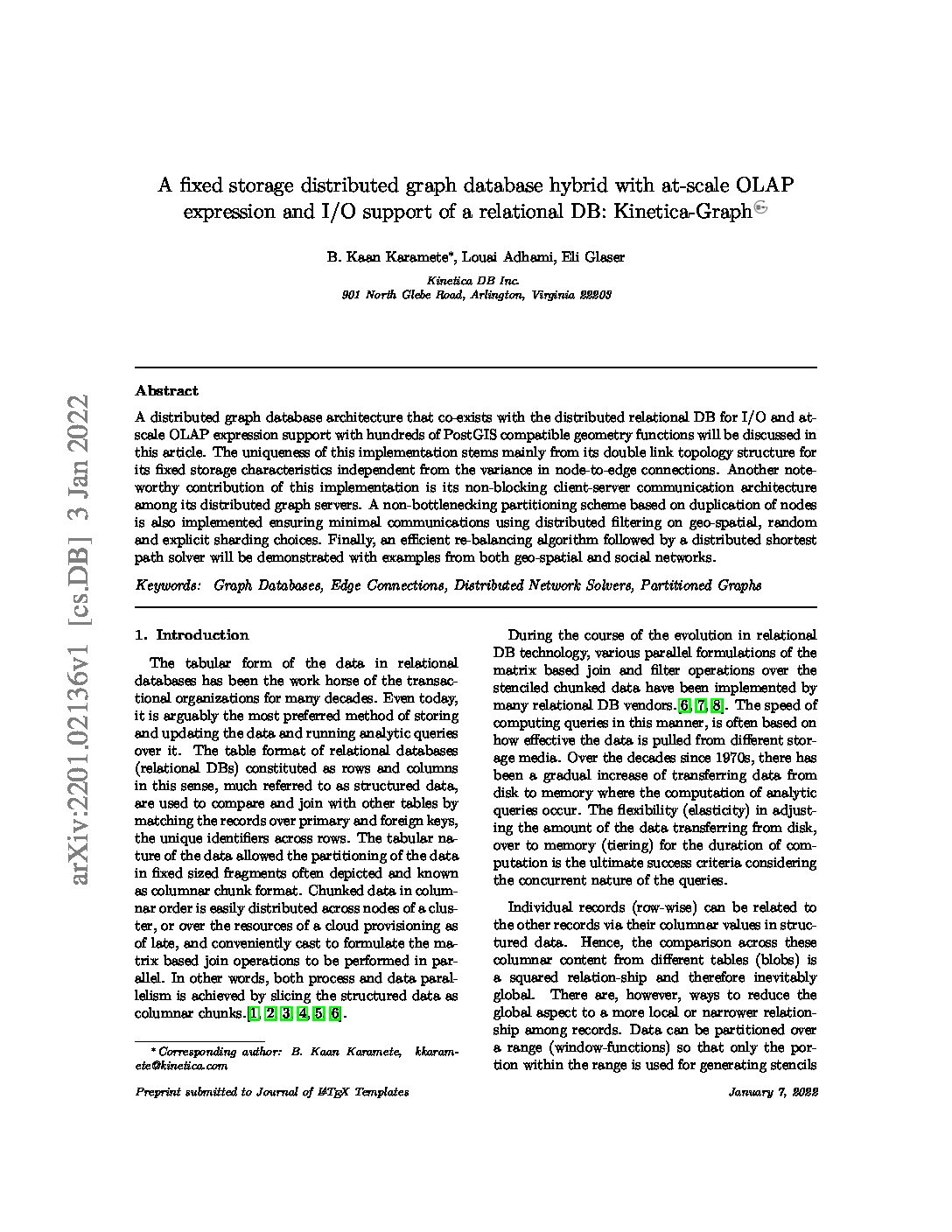
Book a Demo!
The best way to appreciate the possibilities that Kinetica brings to high-performance real-time analytics is to see it in action.
Contact us, and we'll give you a tour of Kinetica. We can also help you get started using it with your own data, your own schemas and your own queries.




